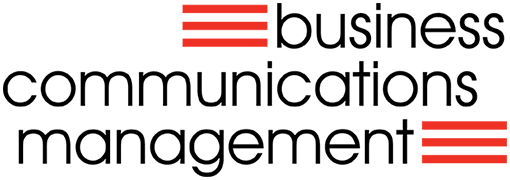
In the modern world of publishing there’s a whole of new set of terms to know. In this article, we talk about publishing and explore what terms mean so you are clear on what you want to achieve – and who you want to achieve it with.
Let’s begin with the word publish.
Publish: To prepare and issue a book, newsletter, newspaper, magazine, journal etc for sale, distribution or readership.
That’s the what. It doesn’t tell you the who or how. So, let’s dive deeper:
Traditional publishing
For authors this means:
- Submitting a manuscript
- Having it accepted for publication (subject to editing)
- Signing a contract, and
- Getting paid royalties on sales.
In this model, the publisher takes on the cost of editing, cover design, and a degree of marketing and distribution. In exchange, you receive a percentage of the royalties for each copy sold. Simple!
But do note: you may or may not receive an ‘advance’.
An advance is money the publisher is willing to pay you on the expectation your title will fully recoup the cost of production and make them a profit.
If you receive an advance, you will not receive any further royalties until you have ‘earned out’ the amount advanced to you, and your book is, in effect, in profit.
A traditional publisher will never ask you to pay them.
Self-publishing and indie publishing
These terms mean the same thing.
This means the author takes on the role of publisher for their own work. They hire editors, formatters, and cover designers, and they take full responsibility for the production of the book from beginning to end.
They are completely independent of any publishing house, so they’re ‘indie’.
Authors with a strong vision for their work, or who write in a niche area that a traditional publisher is not interested in are ideally suited to self-publishing.
They are prepared to invest the time and money upfront to recoup the costs over time by taking 100% of the royalties as they come in.
Hybrid publishing
This is a new term which has cropped up recently.
It tries to piggyback on the term hybrid author which means an author who has a traditional publishing contract, but also self publishes some titles. An author might do this if they have a backlist of titles written prior to getting their current traditional contract, or they want the freedom to write with other authors or in genres different to the one their trad publisher wants.
If someone calling themselves a hybrid publisher asks you for money to publish your book, ask them what they’re bringing to the party.
Self-publishing support or ‘assisted publishing’
In this case, a self-publishing/indie author outsources all or some of the production of the book to one company.
Some of these companies might even call themselves your publisher if they do the lot for you, but that’s only true in the technical sense. If you’ve paid for everything, you are the publisher.
BCM makes this clear. We can help you with all or part of the publishing process – but, again, YOU are the publisher.
Honest self-publishing support companies are up-front with costs for services and will give you a full breakdown of those costs instead of hiding them in bundled pricing.
You own the copyright to the work, and should receive a copy of the electronic and print files, the cover art, and ISBN.
Vanity publishing
Vanity publishing is very much a matter of ‘author beware’.
They do much the same work as a self-publishing support company, but they tell you they are a publisher offering you a contract.
However, the contract they offer is one for you pay them to publish you, usually with overinflated prices for work of dubious quality. They may also say your book will be ‘distributed’ to stores and other retail marketplaces when what they’re actually doing is putting your title in their own online book shop, or making it available through outlets that are freely available to any self-publishing author.
Self-publishing companies make all of their services available. Look to make sure that essential editing processes, such as structural edits or proofreading are not optional extras excluded from packaged prices.
Vanity publishers are excellent at promoting themselves and can use high pressure tactics and boastful claims to make you commit.
How do they get away with it? They do it by appealing to your vanity.
The bottom line
A genuine self-publishing company is a service provider.
- They help you publish, but they are not your publisher
- They itemise each service, and
- If you want them to take care of external services such as ordering print copies or purchasing ISBNs, they will be transparent about admin charges that cover the time it takes to do it.
If you want to self-publish and don’t have the time or inclination to source separate service providers or learn to do it-yourself, then publishing support companies like BCM make a lot of sense.
Just do your homework and find out what’s being offered so you can make a direct like-for-like comparison and feel comfortable with how they work.





